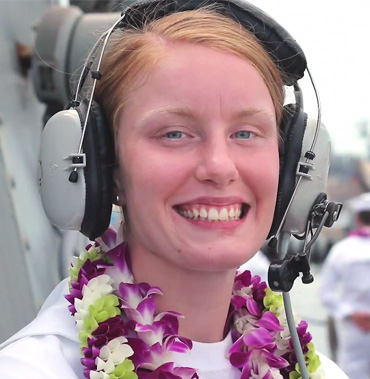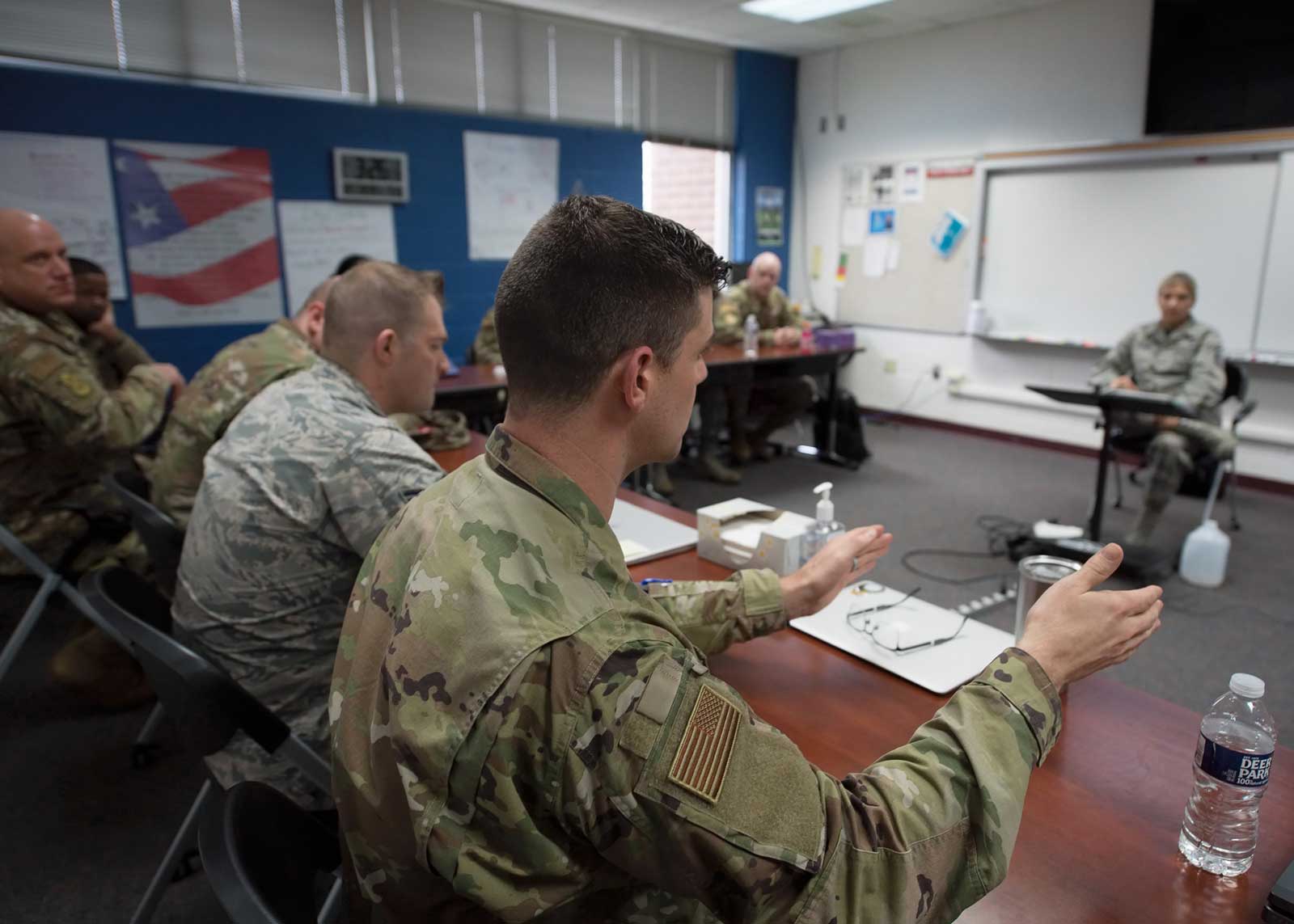Today, SoldierStrong, a national nonprofit dedicated to helping military veterans take their next steps forward in life after service through the donation of revolutionary medical technologies, and Dean Kamen, founder and president of DEKA Research and Development Corp., announced the launch of Operation Mobility, a 2.5-month, cross-country bus tour to donate 25 iBOT® PMDs (Personal Mobility Devices) to wounded veterans and Veterans Affairs medical facilities.
SoldierStrong first announced its commitment to fully fund and donate 10 iBOT® PMDs to wounded veterans at the VHA Innovation Experience (iEX) conference last October. Kamen also made a commitment to donate 50 units to veterans and VA medical facilities throughout the tour and after its conclusion. The donations stem from an agreement between SoldierStrong and DEKA Research and collaboration with the Manchester, N.H.-based company Mobius Mobility, which manufactures and distributes the iBOT® PMD, with the goal of creating positive and lasting impacts on the physical and mental health of those who have served our country.
“Americans are fortunate to have the world’s most efficient and effective military. In return for those expectations of excellence, it’s important that we are providing access to the most efficient and effective medical technologies for those who return home with life-changing, often debilitating, injuries,” said Chris Meek, co-founder and chairman of SoldierStrong. “At the forefront of those technologies is the powered iBOT® PMD, which many of our nation’s heroes have the potential to benefit from if they have access to the device. Through SoldierStrong’s partnership with Dean Kamen, our organization is humbled and honored to work with Mobius Mobility to deliver expanded access to this transformative technology.”
The iBOT® PMD, the brainchild of Kamen in partnership with his company, DEKA, and Johnson & Johnson’s Independent Technology division, is a one-of-a-kind powered mobility device that climbs stairs, allows users to rise from sitting level to six feet tall, maintains superior balance compared to other products on the market and can travel through sand and standing water.
Donations of the iBOT® PMDs are the latest effort by SoldierStrong to provide revolutionary medical technologies to help injured veterans lead full lives. SoldierStrong has donated $4.2 million in state-of-the-art medical devices to individual veterans and VA medical centers. These devices include hyper-advanced prosthetics, virtual reality hardware and software, known as BraveMind, to aid in the treatment of post-traumatic stress (PTS) and the organization’s signature device, the SoldierSuit exoskeleton, used in the rehabilitation of paralyzed individuals who experience mobility setbacks from strokes, spinal cord and traumatic brain injuries (TBI) to help them regain the ability to stand and walk again. To date, SoldierStrong has donated 24 SoldierSuits and 14 BraveMind systems.
The Operation Mobility bus tour will start in East Orange, N.J. on May 27 at the East Orange VA Medical Center and will conclude in Syracuse, N.Y. at the Syracuse VA Medical Center on Aug. 4, 2021. Operation Mobility will consist of multi-day trips with intermittent breaks to re-stock and re-position its tour bus between longer legs of the journey.
Donations of these $30,000-a-piece, high-tech mobility devices will take place at 25 VA medical centers from coast-to-coast during the tour. Those events will consist of demonstrations and guest speakers, including Kamen, Meek, existing iBOT users, VA physicians and leaders, and elected officials.
Donations of the iBOT® PMD mobility devices are scheduled to take place at the following VA facilities: East Orange VA Medical Center in East Orange, N.J.; Jamaica Plain VA Medical Center in Boston, Mass.; James J. Peters VA Medical Center in the Bronx, N.Y.; Hampton VA Medical Center in Hampton, Va.; Charlie Norwood VA Medical Center in Augusta, Ga.; James A. Haley Veterans’ Hospital in Tampa, Fla.; V.A. Medical Center, Miami in Miami, Fla.; Michael E. DeBakey VA Medical Center in Houston, Texas.; Audie L. Murphy VA Medical Center in San Antonio, Texas; VA North Texas Health Care System in Dallas, Texas.; Memphis VA Medical Center in Memphis, Tenn.; St. Louis VA Medical Center in St. Louis, Mo.; Rocky Mountain Regional VAMC in Denver, Colo.; Raymond G. Murphy VAMC in Albuquerque, N.M.; San Diego VA Medical Center in San Diego, Calif.; VA Long Beach Healthcare System in Long Beach, Calif.; VA Palo Alto Healthcare System in Palo Alto, Calif.; VA Puget Sound Healthcare System in Seattle, Wash.; Minneapolis VA Healthcare System in Minneapolis, Minn.; Clement J. Zablocki VAMC in Milwaukee, Wis.; Edward Hines, Jr. VA Medical Center in Hines, Ill.; Louis Stokes Cleveland VAMC in Cleveland, Ohio; Syracuse VA Medical Center in Syracuse, N.Y., and VA Caribbean Healthcare System in San Juan, P.R.




